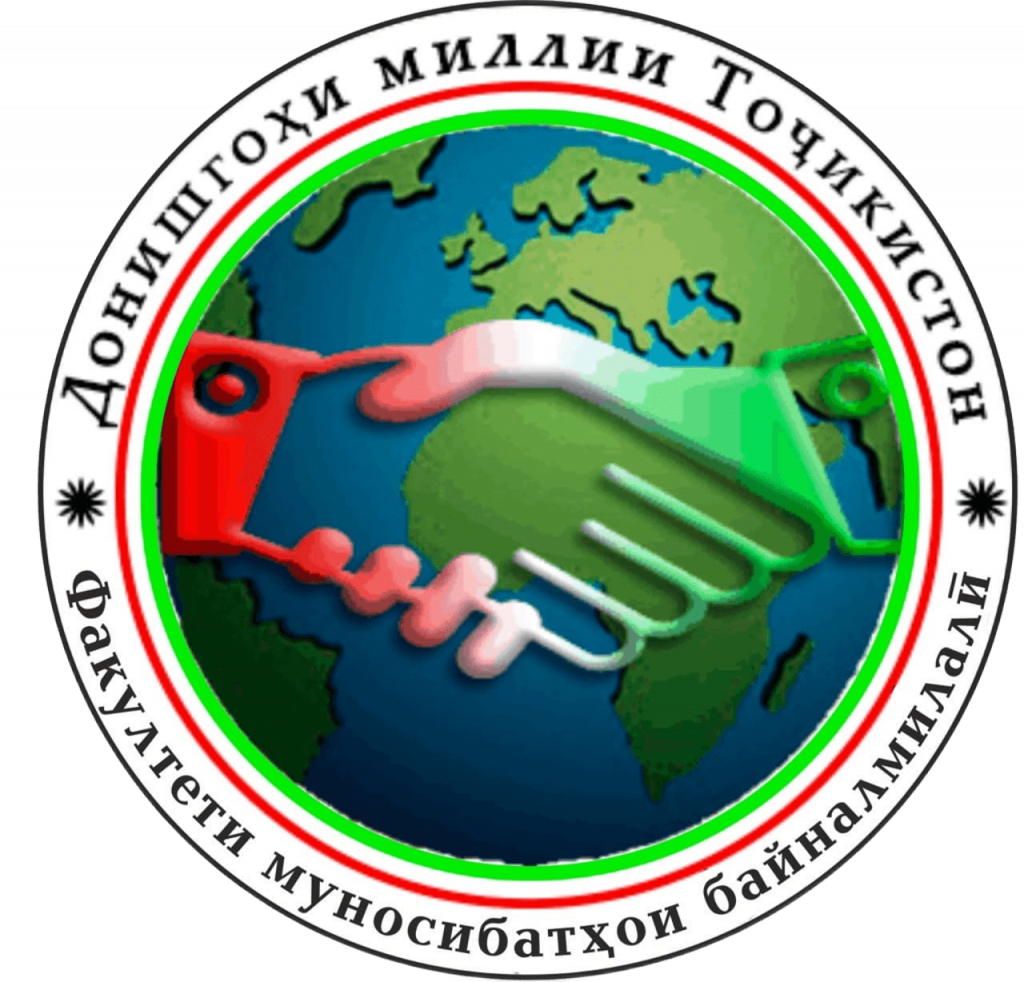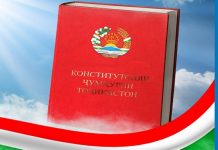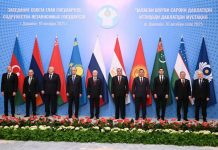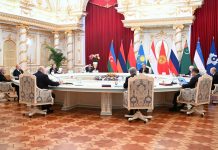At the beginning of the 21st century, Central Asia became one of the most important geopolitical centers of the modern system of international relations. The geopolitical role of the region is related to its intercontinental importance for trade relations between the countries of Europe, the Middle East and Asia. In modern conditions, the region of Central Asia attracts a lot of attention of the great powers due to the existence of large natural resources as like as oil, gas, gold, copper, uranium, large hydropower potential, as well as the location of transit routes, the geo-economic importance of the Caspian Sea.
Central Asia has always been the center of increasing attention of world powers – Russia, China, USA. Major regional players – Turkey, India, Middle East countries and the European Union – express great interest in this part of the world.
In general, the “New Great Game” is taking place in the region, and the geopolitical situation is complicated due to terrorist actions in the USA, the start of international anti-terrorist operations in Afghanistan. However, in 2011-2014, the modern world society faced new problems, such as the “Arab Spring”, the wave of mass protests against the governments of North African and Middle Eastern countries, the civil war in Syria, the situation in Iraq, the emergence of neo-fascist forces in Ukraine and its crisis, appeared and formed the Islamic State of Iraq and Syria, which in general had a serious impact on the existing geopolitical balance in the world, especially in the Central Asian region. The expansion of the efforts of the superpowers has intensified after the Taliban came to power in Afghanistan and the crisis in Ukraine (2021-2022), which are mostly seen in the politics of Russia and the USA. As for China, with the expansion of economic projects and investments, it seems to be left out of active intervention in these processes.
The intensity of competition between world powers, which is in step with economic and epidemiological crises, should become a factor of cooperation between the countries of the Central Asian region. Joint efforts and coordination of Central Asian countries is the best answer to these threats and modern risks.
The coordination of the positions and actions of the heads of the countries of the region created the basis for the beginning of a new period, which was aimed at the depth of cooperation and the collective solution of existing problems and ensuring security.
As it is known, on March 18, 2018, the first consultative meeting of the heads of Central Asian countries was held in the city of Astana, and an effective mechanism of coordination and depth of mutual cooperation was formed in the region. The main purpose of the consultative meeting of the heads of states of Central Asia is to promote regional cooperation in order to develop a stable system of relations in all the main areas (economy, politics, security, social, cultural areas, etc.) and without external influence on this region. It is not a secret that in the Central Asian region, key issues between states, such as delimitation and demarcation of borders, regulation of water and energy, trade and economy, climate and ecology are waiting for their proper solutions.
It should be noted that until the begin of the process of the Consultative Meeting, the countries of the region were mainly brought together by global and regional players, taking into account their own interests and individual initiatives. Now the countries of the region consciously and purposefully want to strengthen their role from the object of international relations to the direction of important participants of international relations. Most importantly, the countries of Central Asia assume the responsibility of shaping the political, economic and social structures of the region.
Due to the joint efforts, Central Asia is constantly and steadily becoming a region of mutually beneficial cooperation. And the most important thing is that our people are enjoying the fruitfulls of these efforts.
The consultative meeting of the heads of the Central Asian countries was directed to the convincing, open and constructive dialogue, as well as an agreed solution to the common problems of the region, and became a perfect mechanism for the coordination of actions and ideas of integration in the region.
Also, the consultative meeting will be another confirmation of the countries’ strong political will to comprehensively strengthen interstate cooperation for the benefit of the brotherly nations.
In the framework of hosting this meeting, Tajikistan initiated a series actual daily events, which included almost fifty events.
Honorable President of the country Emomali Rahmon emphasized that the purpose of holding these events is to strengthen a new environment of trust, friendship and cooperation in Central Asia.
According to the leader of the nation, “We must always remember that the safety factor is the most important condition for the successful implementation of our constructive plans and actions.”
Therefore, we hope that the holding of the next consultative meeting in Tajikistan will become the basis for launching targeted actions aimed at the integration of countries, reflecting mutual benefit, collective solution of common problems, increasing economic and cultural exchange and raising the standard of living of the people of the Central Asian region.
Amriddin Sharipov, c.h.s., dotsent, Head of the Department of international relations of TNU
Payvandov Khayrriddin, c.h.s., senior teacher of the Department of international relations of TNU
Mirzoev Habibjon – c.h.s., senior teacher of the Department of international relations of TNU




